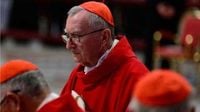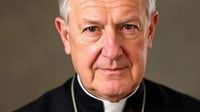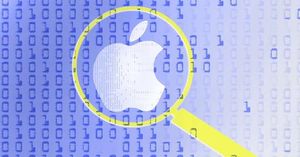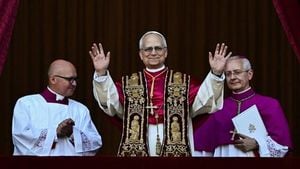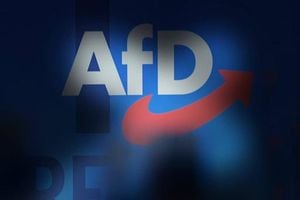As the sun set on May 7, 2025, the Vatican was abuzz with anticipation as the Conclave commenced at 4:30 PM, marking a pivotal moment in the Catholic Church's history. Cardinal Pietro Parolin, the Secretary of State and the oldest by appointment among the cardinals of the order of bishops under 80, took the lead in the voting operations. Parolin, who has been a significant figure throughout Pope Francis's papacy, was viewed as the frontrunner for the papacy, sparking a flurry of media attention and controversy.
Born in Schiavon in the Vicenza area, Parolin's journey to this moment has been anything but ordinary. Orphaned at a young age, he dedicated his life to the diplomatic service of the Holy See, serving in Nigeria, Mexico, and as the apostolic nuncio in Venezuela. His appointment as Secretary of State by Pope Francis in 2013 positioned him at the heart of Vatican diplomacy, making him a central figure in discussions about the future direction of the Church.
The atmosphere leading up to the Conclave was charged with differing opinions about Parolin's candidacy. While some view him as a unifying figure capable of bridging the divides within the Church, others express skepticism. Cardinal Maradiaga, who is not an elector, left Rome disillusioned, lamenting the presence of "too many traitors of Francis" among the cardinals. This sentiment highlights the ongoing tensions within the Church as it grapples with its identity and future.
Cardinal Nichols, during pre-conclave congregations, remarked, "we are not all equal," indicating a significant heterogeneity of views among the cardinals. This diversity of opinion is crucial as the conclave seeks to select a successor who can navigate the complexities of contemporary challenges facing the Church.
In the lead-up to the Conclave, the legacy of Pope Francis has been a focal point of discussion. Some argue that his papacy represents a necessary evolution for the Church, while others contend it risks diluting core doctrines in favor of appeasing secular ideals. Cardinal Müller emphasized the need for the conclave to choose a successor to Peter, not merely a continuation of Bergoglio’s policies. Conversely, Cardinal Kasper has argued that a break from the past would be detrimental to the Church's future, stating, "everyone expects a new Francis."
The debate over the direction of the Church is further complicated by the varying opinions on how long the conclave might last. Some cardinals, like Vesco, initially predicted a swift process, while others, such as Woelki, anticipate a prolonged deliberation. The duration of the conclave could significantly influence the outcome, with speculation that if a decision is reached quickly, Parolin may emerge as the new pope.
However, Parolin's path to the papacy is not without obstacles. He has faced criticism from both sides of the ideological spectrum. Media outlets like America and La Naciòn accused him of being favored by critics of Pope Francis, which has fueled doubts about his ability to unify the Church. Additionally, reports emerged from Il Tempo suggesting that Parolin experienced health issues, although the Vatican press office promptly denied these claims.
Critics have not shied away from voicing their concerns. Cardinal Barbarin publicly questioned Parolin's suitability for the role of Secretary of State, while organizations like BishopAccountability have criticized him for insufficient action against abusive priests. This scrutiny highlights the challenges Parolin faces as he navigates the complex dynamics of the Church's leadership.
Despite the controversies, Parolin remains a formidable candidate. His diplomatic skills and experience in managing the intricacies of Vatican politics position him well for the papacy. However, the ongoing debates about his past actions, particularly regarding the sensitive issue of the Church's relationship with China, may hinder his candidacy. Cardinal Joseph Zen has been particularly vocal, labeling Parolin as "liar, brazen and audacious" for his handling of the agreement with the Chinese government.
As the Conclave unfolds, the stakes are high. The outcome will not only determine the next pope but also set the course for the Catholic Church's future amid a rapidly changing world. The discussions surrounding issues such as secularism, relativism, and the Church's role in global conflicts are paramount. The conclave faces a historical decision that will shape the Church's relationship with contemporary society.
Ultimately, the conclave's choice will reflect the Church's commitment to its core values versus the pressures of modernity. As Cardinal Eijk succinctly put it, "Better a small and convinced Church than a large and indifferent one." This sentiment resonates as the cardinals prepare to deliberate on the future of the Church, reminding them that the measure of success is fidelity to the truth rather than mere numbers.
In the coming days, the world will watch closely as the cardinals cast their votes, hoping for a leader who can guide the Church through its trials and tribulations. The legacy of Pope Francis looms large, but the next pope will have the opportunity to carve a new path, one that honors tradition while embracing the challenges of the modern world.
